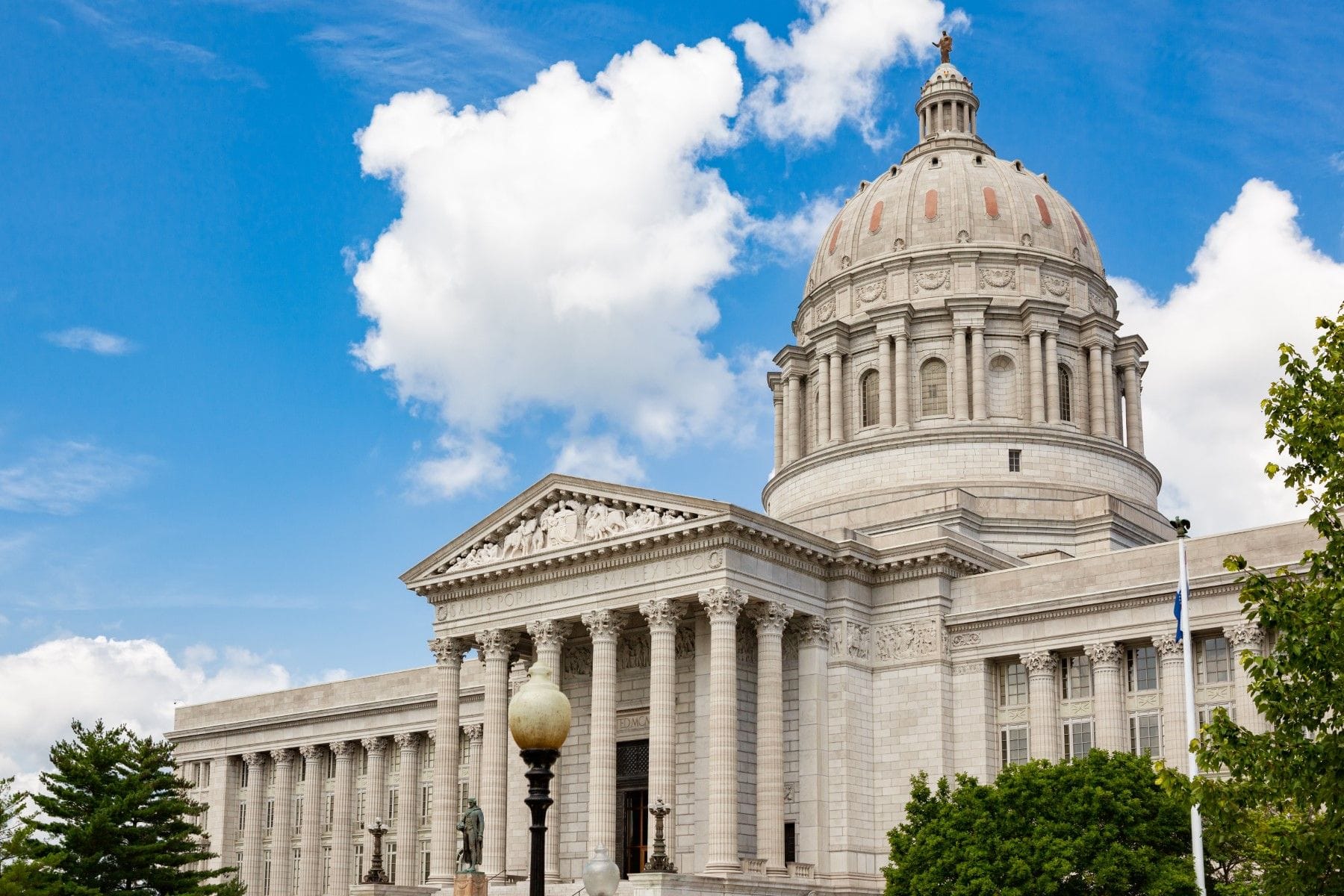Missouri Expert Witness Report Rules
Expert witness reports in Missouri aren't universally required, their necessity depends on case specifics or court orders, emphasizing procedural compliance.
Updated on
In this article
Are Expert Witness Reports Required in Missouri?
In Missouri, expert witness reports are not uniformly mandated under state law. Rather, their necessity is often determined by case-specific factors or court orders. According to Missouri Rule of Civil Procedure 56.01(b)(6), parties may use interrogatories to identify experts expected to testify at trial, including the subject matter and substance of their testimony. However, Missouri does not automatically require a written report from experts. Instead, the exchange of expert reports often occurs in complex cases by mutual agreement or court order. Timing for disclosures and reports, when applicable, is typically dictated by scheduling orders issued by the court.
What is Required in a Missouri Expert Witness Report?
When a written expert report is required by court order or agreement, it generally should encompass the expert's opinions, the bases for those opinions, data considered, and any exhibits supporting the testimony. Additionally, it may include the expert’s qualifications and compensation arrangements. Missouri’s requirements for expert reports do not strictly mirror the federal standards but align with them when ordered, focusing on the completeness and clarity of the expert’s anticipated testimony.
- Key Elements:
- Opinions and conclusions
- Bases and reasoning for opinions
- Data and exhibits relied upon
- Expert’s qualifications
- Compensation details
Scope and Authorship of the Report
In Missouri, the drafting and signing of an expert report may involve both the expert and legal counsel. While the expert is responsible for the substance of the report, attorneys often assist in ensuring compliance with procedural requirements. The scope of the report can vary depending on the nature of the case and the type of testimony. Attorney involvement is permissible to the extent that it aids in presenting the expert’s opinions clearly without altering their independent conclusions.
Missing, Deficient, and Untimely Reports
Failure to disclose an expert or provide a required report can lead to significant consequences in Missouri. Under Rule 56.01(b)(6), if an expert report is not provided as ordered, the court may exclude the expert’s testimony at trial. Missouri courts also have the authority to impose sanctions or grant continuances to address deficiencies. The court's inherent power to enforce its orders ensures compliance and fairness in the discovery process.
Original, Supplemental, and Rebuttal Reports
Missouri does not explicitly define categories such as supplemental or rebuttal reports within its procedural rules. However, supplemental reports may be necessary to correct inaccuracies or update information in the original report. Any additional expert reports are typically governed by the court’s scheduling order or specific instructions, ensuring that all expert disclosures are timely and complete. Disputes over these filings are generally resolved through court rulings based on the interests of justice and procedural fairness.
- Considerations for Additional Reports:
- Purpose and necessity
- Timing as dictated by court order
- Compliance with procedural fairness
Relevant State Rules and Legal Requirements
Missouri Rule of Civil Procedure 56.01(b)(6) is the primary rule governing expert witness disclosures, allowing for the identification and deposition of expert witnesses once their identity and opinions are disclosed. The rule is similar to the federal standard but is applied in a manner tailored to the specifics of each case. Key cases interpreting these rules emphasize the importance of procedural compliance and the court’s discretion in managing expert disclosures. Missouri’s approach reflects a balance between thorough discovery and efficient case management.
- Key Rule:
- Mo. R. Civ. P. 56.01(b)(6)
Through these procedural mechanisms, Missouri ensures that expert testimony is disclosed in a manner that supports the integrity of the judicial process while accommodating the unique demands of each case.


